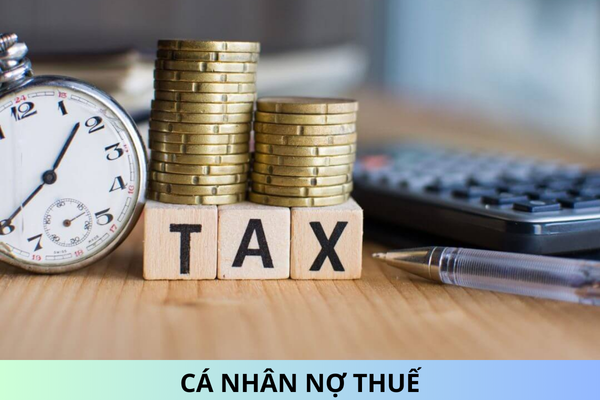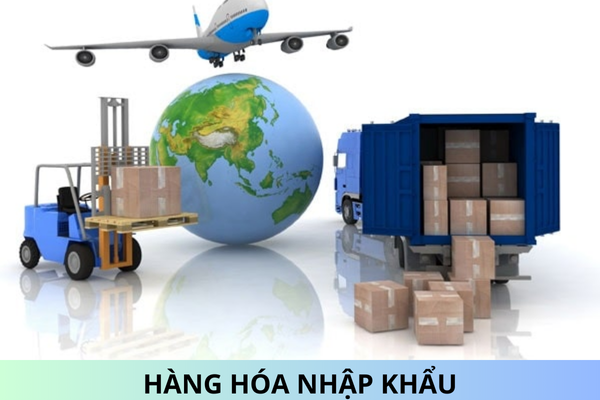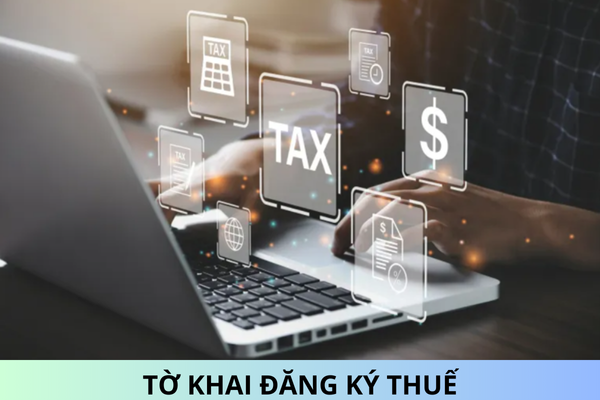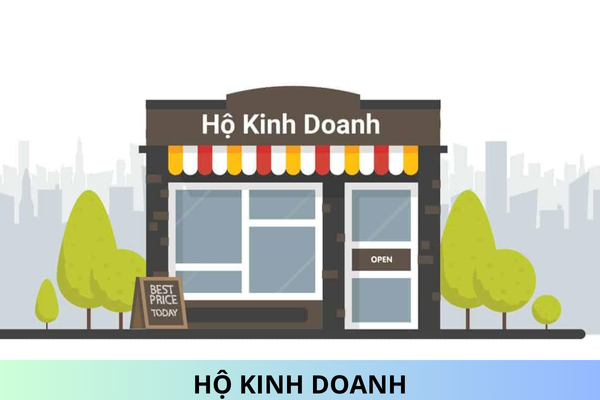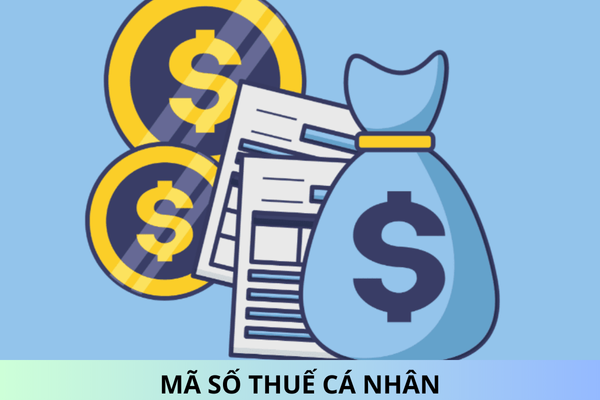Reduction of value-added tax in Vietnam until June 30, 2025
Will value-added tax in Vietnam be reduced until June 30, 2025?
On December 31, 2024, the Government of Vietnam issued Decree 180/2024/ND-CP stipulating the policy for reducing the value-added tax according to Resolution 174/2024/QH15, effective from January 1, 2025, until the end of June 30, 2025.
Article 1 of Decree 180/2024/ND-CP provides a reduction of the value-added tax from 10% to 8% for groups of goods and services, except for the following:
- Telecommunications, financial, banking, securities, insurance activities, real estate business, metals and metal-produced goods, mineral products (excluding coal mining), coal coke, refined petroleum, chemical products.
- Goods and services subject to special consumption tax.
- Information technology as per the information technology laws.
- The value-added tax reduction for each type of goods and service applies uniformly at the stages of import, production, processing, and commercial business.
For extracted coal goods sold (including extracted coal that has been screened and classified through a closed process before being sold), they are subject to a value-added tax reduction.
Coal goods listed in Appendix 1 issued along with Decree 180/2024/ND-CP, at stages other than the sale of extraction, are not eligible for a value-added tax reduction.
Corporations and economic groups performing a closed process before selling are also eligible for a value-added tax reduction on extracted coal goods sold.
In cases where goods and services mentioned in Appendices 1, 2, and 3 issued along with Decree 180/2024/ND-CP are non-taxable under the value-added tax or subject to a 5% value-added tax according to regulations, the existing regulations shall apply and these are not eligible for value-added tax reduction.
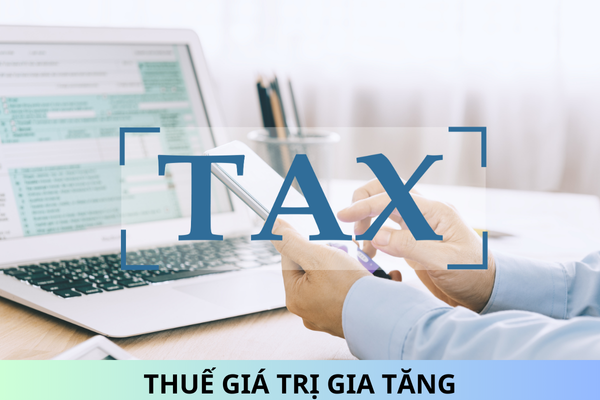
Reduction of value-added tax in Vietnam until June 30, 2025 (Image from the Internet)
Who is subject to the 10% value-added tax rate in Vietnam?
Pursuant to Clause 3 of Article 8 of Value-Added Tax Law 2008 (effective until June 30, 2025), it prescribes the tax rates as follows:
Article 8. Tax Rates
[...]
3. The tax rate of 10% applies to goods and services not specified in Clauses 1 and 2 of this Article.
The entities subject to a 10% value-added tax rate apply to goods and services not falling under the 5% and 0% tax rates. To be specific:
[1] The 5% tax rate applies to the following entities:
- Clean water for production and living activities;
- Ores for fertilizer production; pest control drugs and growth stimulants for animals and plants;
- Services of digging, dredging canals, ditches, lakes, and ponds for agricultural production;
- Cultivating, nurturing, pest control for crops;
- Pre-processing, preserving agricultural products;
- Crop, livestock, aquaculture products not yet processed, except for products specified in Clause 1, Article 5 of Value-Added Tax Law 2008;
- Preliminary processed rubber sap; preliminary processed turpentine; nets, ropes, and yarns for weaving fishnets;
- Fresh food; unprocessed forestry products, excluding wood, bamboo shoots, and products specified in Clause 1, Article 5 of Value-Added Tax Law 2008;
- Sugar; by-products in sugar production, including molasses, sugarcane bagasse, bagasse mud;
- Products made of jute, sedge, bamboo, rattan, straw, rice husk, coconut shell, water hyacinth, and other handicraft products produced from materials reused from agriculture; primary cotton; newsprint paper;
- Medical equipment, tools, medical cotton, medical bandages; preventive and curative medicines; chemical products, pharmaceutical ingredients used to produce preventive and curative medicines;
- Teaching and learning aids, including models, drawings, boards, chalk, rulers, compasses, and other specialized equipment and tools for teaching, research, and scientific experiments;
- Cultural, exhibition, sports activities; art performances, film production; importation, distribution, and projection of films;
- Children's toys; all types of books, except for books specified in Clause 15, Article 5 of Value-Added Tax Law 2008;
- Scientific and technological services as specified by the Law on Science and Technology.
- Selling, leasing, and lease-purchasing social housing according to the Housing Law.
[2] The 0% tax rate is applied to exported goods and services, international transportation, and goods and services not subject to value-added tax when exported, except for the following cases:
- Technology transfer, the transfer of intellectual property rights abroad;
- Re-insurance services abroad;
- Loan services;
- Capital transfer;
- Derivative financial services;
- Postal and telecommunications services;
- Exports specified in Clause 23, Article 5 of Value-Added Tax Law 2008.
Exported goods and services are those consumed outside Vietnam, within non-tariff zones; goods and services provided to foreign customers according to the Vietnamese Government's regulations.
Who is exempt from value-added tax in Vietnam?
Pursuant to Article 5 of Value-Added Tax Law 2008 (amended by Clause 1, Article 3 of Law Amending Various Tax Laws 2014; Clause 1, Article 1 of Law Amending the Value-Added Tax Law, Special Consumption Tax Law, and Tax Administration Law 2016 and Clause 1, Article 1 of Law Amending the Value-Added Tax Law 2013) specifying entities exempt from value-added tax:
[1] Agricultural, livestock, and aquaculture products cultivated, harvested and not processed into other products, or only ordinarily processed by self-producing organizations and individuals, sold and imported.
Enterprises and cooperatives purchasing agricultural, livestock, aquatic, or harvested products that have not been processed into other products or only through ordinary processing, sold to other enterprises or cooperatives, are not required to declare, calculate or pay value-added tax, but may deduct input value-added tax.
[2] Products are animal breeds, plant breeds, including eggs for breeding, broodstock, seedlings, seeds, semen, embryos, genetic materials.
[3] Irrigation, drainage, digging, plowing; dredging field channels for agricultural production; agricultural product harvesting services.
[4] Fertilizers; specialized machinery and equipment for agricultural production; offshore fishing vessels; feeds for livestock, poultry, and other animals.
[5] Salts manufactured from seawater, naturally occurring rock salts, refined salts, iodized salts with sodium chloride (NaCl) as the main component.
[6] State-owned housing sold by the State to current tenants.
[7] Land use right transfer.
[8] Life insurance, health insurance, learner’s insurance, and other insurance services related to humans; livestock insurance, crop insurance, other agricultural insurance services; insurance for ships, boats, equipment, and other necessary tools for direct fishing operations; reinsurance.
[9] The following financial, banking, and securities services:
- Credit granting services, including loans; discounting, rediscounting transferable tools and other valuable papers; guarantees; financial leasing; credit card issuance; domestic factoring; international factoring; other credit granting forms according to the law.
- Loan services by non-credit institutions.
- Securities business, including securities brokerage; proprietary trading; securities issuance underwriting; investment management; securities depository; investment fund management; securities portfolio management; exchange services by the stock exchange or stock trading center; other securities business activities as per the Securities Law.
- Capital transfer, including partial or complete transfer of the investment capital, even if the enterprise is sold to another enterprise for production and business activities, and securities transfer; other forms of capital transfer as per the law.
- Debt selling.
- Foreign currency trading.
- Derivative financial services, including interest rate swaps; forward contracts; futures contracts; options for buying and selling foreign currencies; other derivative financial services according to the law.
- Selling collateral for debts of organizations wholly owned by the State established to handle non-performing loans of Vietnamese credit institutions.
[10] Medical services, veterinary services, including examination, treatment, prevention for humans and animals; care services for the elderly, disabled persons.
[11] Public postal, telecommunications services, and popular Internet according to the Government of Vietnam programs.
[12] Maintenance services for zoos, flower gardens, parks, street greenery, and public lighting; funeral services.
[13] Repair, maintenance, and construction using community contributions or humanitarian aid funds for cultural, artistic works, public works, infrastructure, and housing for social policy beneficiaries.
[14] Teaching and vocational training according to the law.
[15] Radio, television broadcasts funded by the state budget.
[16] Publishing, importing, distribution of newspapers, magazines, specialized newsletters, political books, textbooks, legal documents, scientific-technical books, books printed in ethnic minority languages, propaganda pictures, posters, including those in the form of tapes, audio, video, electronic data; currency, minting money.
[17] Public passenger transportation by buses, trams.
[18] Machinery, equipment, spare parts, materials not produced domestically, required for scientific research, technology development; machinery, equipment, replacement parts, specialized transport, and materials not produced domestically for conducting oil and gas exploration and development; aircraft, drilling rigs, ships not produced domestically needed for a business's fixed asset creation or rented from abroad for production, business, leasing, sub-leasing.
[19] Special-use weapons and equipment for national defense and security.
[20] Imported goods in cases of humanitarian aid, non-refundable aid; gifts to state agencies, political organizations, socio-political organizations, socio-political-professional organizations, social organizations, socio-professional organizations, armed forces; gifts for individuals in Vietnam as regulated by the Government of Vietnam; items for foreign entities under diplomatic exemption standards; goods accompanied by persons in tax-exempt baggage standards.
Goods, services sold to foreign organizations or individuals, international organizations for humanitarian aid or non-refundable aid to Vietnam.
[21] Transshipped and transited goods through the territory of Vietnam; temporary import for re-export; temporary export for re-import; imported materials for export production, export processing contracts signed with foreign parties; goods and services exchanged between abroad and non-tariff zones and between non-tariff zones.
[22] Technology transfer per the Law on Technology Transfer; transfer of intellectual property rights according to the Law on Intellectual Property; software.
[23] Unwrought gold imported as bulk, not yet processed into fine art products, jewelry, or other products.
[24] Export products being unprocessed minerals; export products processed from minerals where the total value of minerals plus energy cost makes up 51% of the production cost or more.
[25] Artificial products used to replace parts of the human body; crutches, wheelchairs, and other specialized tools for the disabled.
[26] Goods and services of business households and individuals with annual revenue of one hundred million dong or less.
Businesses dealing in goods and services not subject to value-added tax specified in this Article are not entitled to deduct and refund input value-added tax, except cases applying a 0% tax rate.
Note: Value-Added Tax Law 2008 is effective until the end of June 30, 2025.

